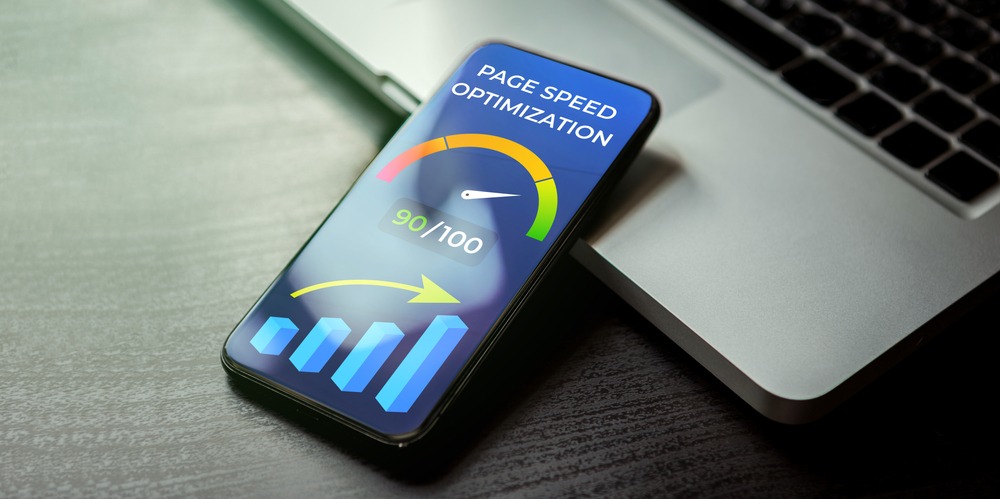Page speed is an important part of SEO that can sometimes be overlooked by the inexperienced or people and teams that simply don’t know how to make the necessary fixes. In Thailand, where mobile usage is high and user patience is short, load times have a direct impact on search performance. Improving page speed is often one of the first recommendations made by an experienced provider like Primal (https://www.primal.co.th/seo/), especially for sites targeting competitive search terms.
A slow website can cause users to leave before the page even loads. In areas like Bangkok or Chiang Mai, where fast internet is everywhere, people won’t wait long. If your page delays, they’ll click back and try another result. This reduces engagement rates, which can send negative signals to search engines.
How Page Speed Impacts User Experience
Fast-loading pages improve the way people interact with your website. Users can find what they need quickly and are more likely to stay, click deeper, or take action. In Thailand’s online space, especially for industries like tourism and eCommerce, smoother performance can lead to better engagement and higher conversions.
For mobile users, the effect is even more noticeable. Many people across Thailand rely on mobile data instead of Wi-Fi. Sites that are too heavy may load slowly or fail altogether. Compressing images, reducing unnecessary code, and choosing faster hosting can help improve this experience across devices.
Google’s Core Web Vitals
Google introduced Core Web Vitals to measure user experience with three specific metrics: loading speed, interactivity, and layout stability. These are now built into its ranking system (allegedly). If your site loads quickly, responds to input without delay, and remains visually stable, it has a much better chance at performing better in search results.
Many Thai websites still fall behind on these measures. Outdated platforms, unoptimized content, or poor mobile responsiveness can drag performance down. This gives faster, more modern websites an advantage in search visibility.
Practical Ways to Improve Speed
You don’t need to rebuild your entire site to see speed improvements. Simple steps like compressing large image files, limiting third-party scripts, and using browser caching can make a noticeable difference. Hosting your site in the region or using a content delivery network can also help Thai users access your site more quickly.
Sites built on platforms like WordPress can benefit from switching to lightweight themes and removing unnecessary plugins. Avoiding flashy animations and oversized media files can help maintain a clean and fast-loading structure.
Why Speed Matters More in Thailand
Online behaviour in Thailand is fast-paced. Users scroll quickly, move between apps, and expect immediate results. In popular areas like Phuket or Pattaya, people searching for services want answers fast. Even a small delay can send them to a faster-loading competitor.
Fast websites also help build trust. When users don’t have to wait, they’re more likely to take action. This could include booking a service, filling out a form, or completing a purchase. For businesses in fields such as hospitality, healthcare, or education, speed supports a smoother path to conversion.

